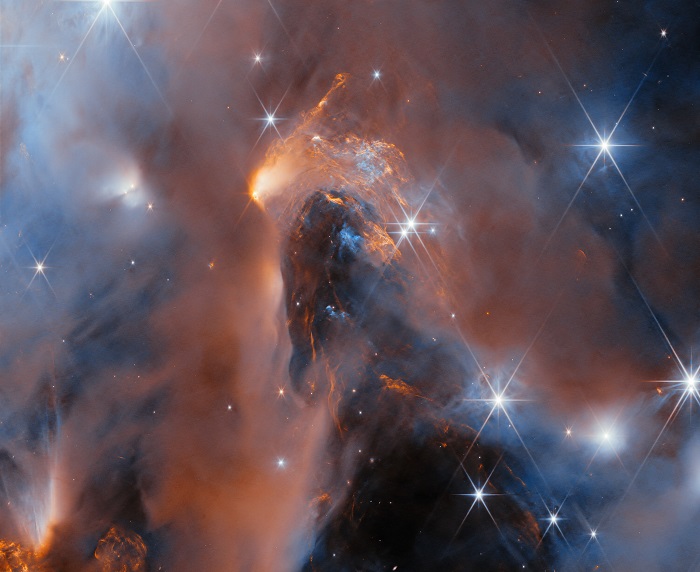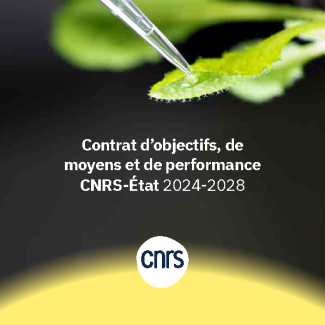
The chemical basis for life can form in interstellar ice
The molecules involved in a chemical process that is essential for cell function and the appearance of life on Earth (also known as the Krebs cycle1 ) can form in interstellar ice.2 This discovery has just expanded the inventory of prebiotic molecules3 that can form in space, and marks a new stage in research on signs of life in the Universe. CNRS scientists4 and their colleagues in Hawaii obtained these results by recreating interstellar ice in the laboratory, and by studying it under conditions as close to real as possible5 using an unprecedented combination of infrared spectroscopic and chromatographic techniques. The study will be published on 21 April in the journal Proceedings of the National Academy of Sciences.
- 1The Krebs cycle is a series of chemical reactions that occur in the cells of living beings. It can produce energy from the degradation of certain types of molecules (lipids, sugars, pro-teins). This energy is then used by the cell to produce the energy essential to cell function.
- 2These fine layers of ice form on dust grains in space, and are irradiated by ultraviolet radiation and cosmic rays.
- 3Organic molecules that play a role in the chemical processes behind the origins of life.
- 4At the Nice Institute of Chemistry (CNRS/Université Côte d’Azur).
- 5Temperature of 10 kelvins (-263 °C), in a vacuum, and irradiation by energy particles simulating cosmic rays.

Photo of Nebula NGC 1333. The James Webb telescope detected interstellar ice there, which could be the origin of stars and planets. The study shows that this ice was apparently also behind the formation of organic molecules, including all intermediaries in the Krebs cycle.
© ESA/Webb, NASA & CSA, A. Scholz, K. Muzic, A. Langeveld, R. Jayawardhana
Abiotic Origin of the Citric Acid Cycle Intermediates. McAnally et al., Proceedings of the National Academy of Sciences, le 21 avril 2025.


